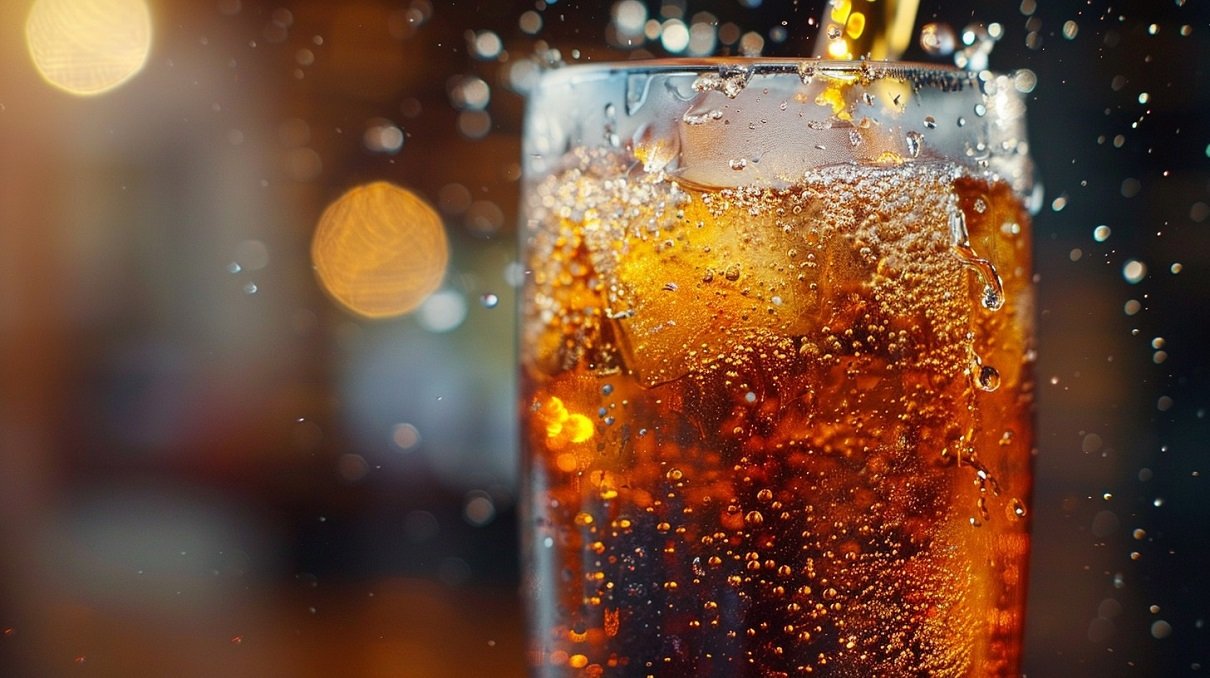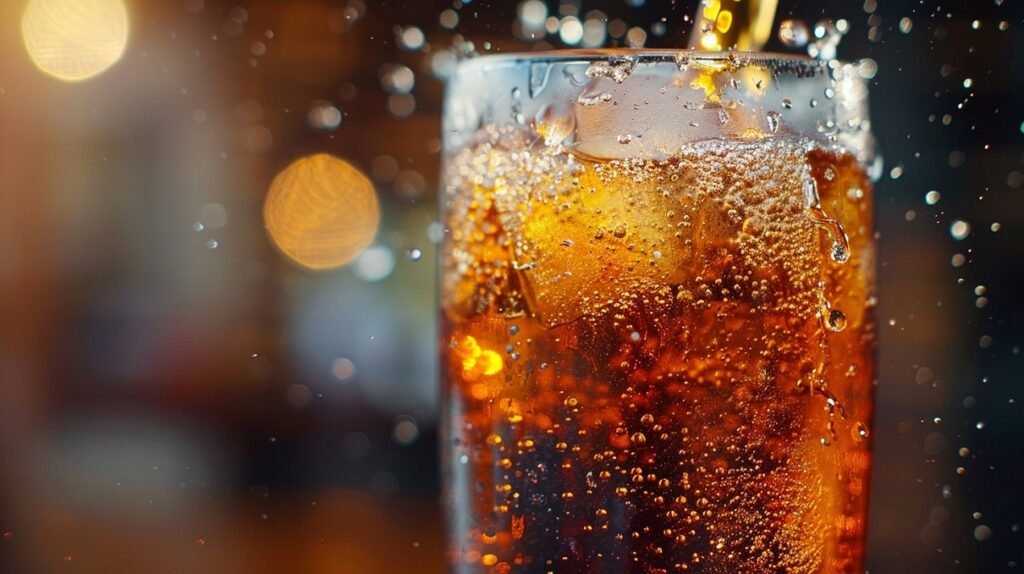Soft drinks like Coca-Cola and Pepsi are now widely eaten by millions of people worldwide in today’s fast-paced environment. 10 Harmful Effects of Drinking Coca Cola and pepsi are to discuss today. Despite their widespread use, there is rising worry about the potential harm alcoholic drinks may do to people’s health.

The effects of habitual Coca-Cola and Pepsi consumption go far beyond simple enjoyment, from high sugar levels to dangerous ingredients.
10 Harmful Effects of Drinking Coca Cola and Pepsi
We’ll examine the 10 negative consequences of consuming these well-known soft drinks in this essay.
1. Obesity and Weight Gain:
The link between Coca-Cola and Pepsi use and obesity and weight increase is among the most well-established impacts of these drinks. A single can of these drinks can contain up to 39 grams of sugar, or about 10 teaspoons, making them extremely sugar-laden. Frequent consumption may result in an excessive caloric intake, which raises the risk of obesity and weight gain.
2. Increased Risk of Type 2 Diabetes:
The increased sugar level in Pepsi and Coca-Cola also increases the risk of type 2 diabetes. Research has indicated that a regular intake of sugar-filled beverages is linked to insulin resistance, which is a crucial element in the emergence of type 2 diabetes. Over time, diabetes may result from the pressure on the body’s insulin response caused by the jump in blood sugar levels following consumption of these beverages.
3. Dental Problems:
The negative effects of Coca-Cola and Pepsi on tooth health are just another negative consequence of drinking them. Due to their high acidity, these drinks can damage tooth enamel and raise the risk of cavities and dental decay. Additionally, the sugar in these drinks encourages harmful oral bacteria, which aggravates dental conditions like gingivitis and periodontitis.
4. Bone Health Issues:
A major ingredient in Pepsi and Coca-Cola, phosphoric acid has been related to reduced bone density and an elevated risk of osteoporosis. Overindulgence in phosphoric acid can disrupt the body’s ability to absorb calcium, weakening bones and increasing the risk of fractures and other bone-related conditions, particularly in people whose bone health is already impaired.
5. Digestive Problems:
Coca-Cola and Pepsi’s high sugar content and carbonation can be extremely harmful to the digestive system. Overindulgence in these beverages may result in dyspepsia, gas, and bloating. These drinks’ caffeine content may also function as a diuretic, dehydrating consumers and aggravating digestive problems including constipation.
6. Cardiovascular Complications:
Frequent intake of high-sugar beverages such as Pepsi and Coca-Cola has been associated with a higher risk of cardiovascular problems. The elevated triglyceride and blood pressure levels caused by the excessive sugar consumption can aggravate heart disease and stroke. Furthermore, those who are sensitive to caffeine may experience palpitations and irregular heartbeats.
7. Increased Cancer Risk:
A higher risk of cancer has been linked to some compounds contained in Pepsi and Coca-Cola, such as artificial sweeteners like aspartame and caramel colorings. Long-term exposure to these compounds has been linked to leukemia and bladder cancer, among other cancers, according to studies. The possible carcinogenic effects of these substances raise questions regarding their safety, even though the evidence is currently ambiguous.
8. Negative Impact on Mental Health:
Coca-Cola and Pepsi’s high caffeine and sugar content can be detrimental to mental health, especially for heavy drinkers. Caffeine can increase mood and give a brief energy boost, but too much of it can cause irritability, anxiety, and insomnia. Furthermore, the sugar fall that occurs after consuming these drinks may make mood swings and drowsiness worse.
9. Hormonal Imbalances:
Diet versions of Coca-Cola and Pepsi contain artificial sweeteners like aspartame, which can upset the body’s hormonal balance. Changes in neurotransmitter levels have been connected to aspartame and have the potential to impact behavior and mood. Furthermore, long-term use of artificial sweeteners may disrupt hormone balance, resulting in reproductive problems and metabolic diseases.
10. Environmental Impact:
In addition to their negative effects on health, Coca-Cola and Pepsi production and consumption have a big impact on the environment. The manufacturing process uses a lot of energy and water, which increases greenhouse gas emissions and the shortage of water. Furthermore, discarding plastic bottles and packaging exacerbates the issue of plastic waste, endangering species and ecosystems even more.
Coca-Cola-35 Cans- BUY NOW
 SHOP NOW
SHOP NOW
Conclusion
In conclusion, even though Pepsi and Coca-Cola provide easy, delicious drinks, their negative health impacts cannot be disregarded. The effects of overindulging go far beyond simple indulgence and include obesity, diabetes, dental issues, and environmental devastation. It’s critical for us as consumers to make educated decisions about the drinks we consume and to be aware of the effects these beverages have on the environment and our health. Reducing consumption and choosing healthier substitutes can lessen the negative impacts of Coca-Cola and Pepsi on the environment and human health.
ORDER PEPSI NOW
